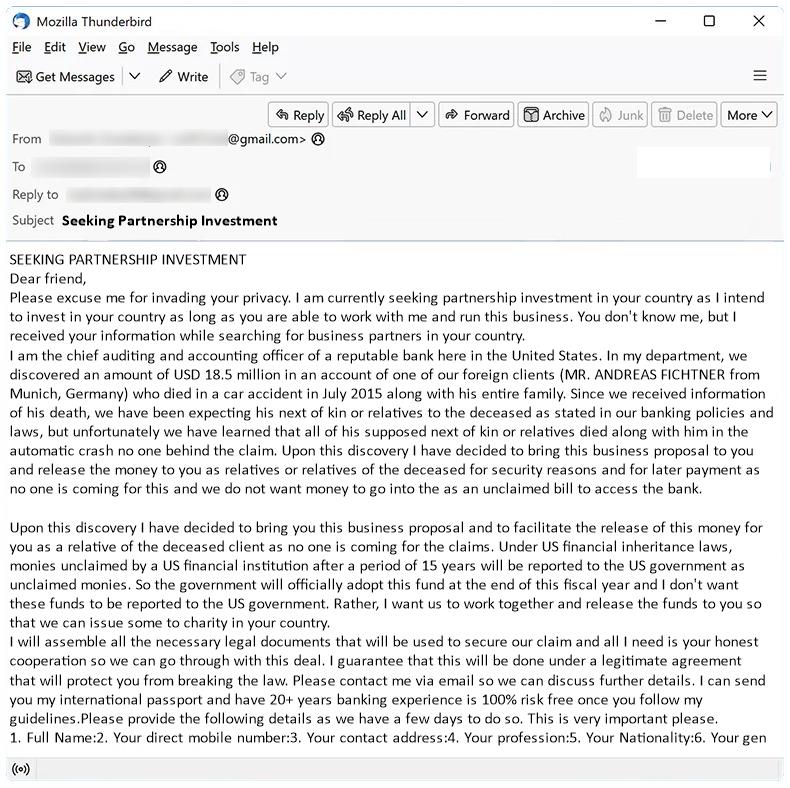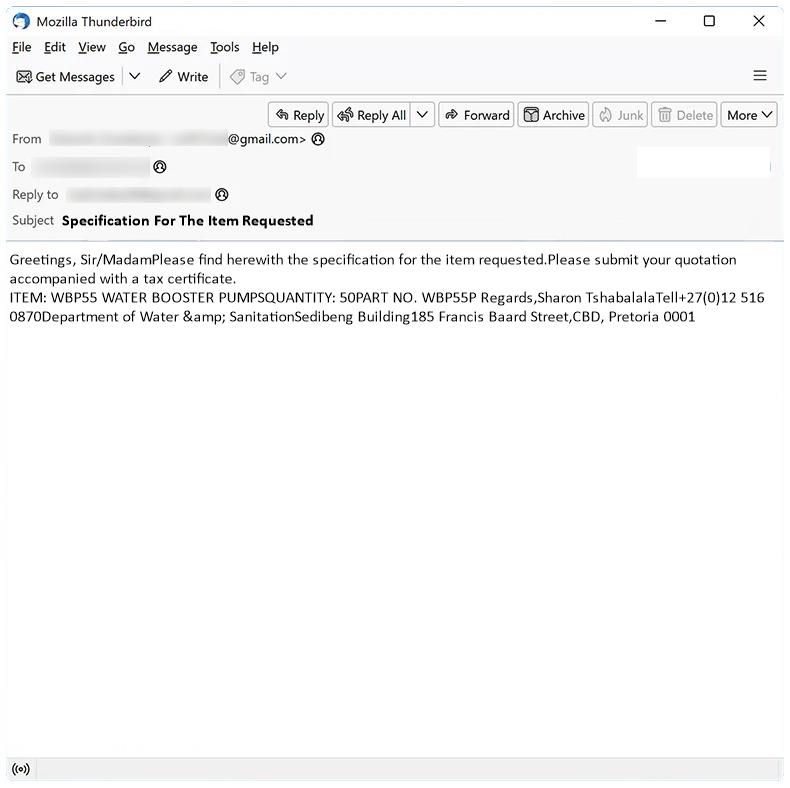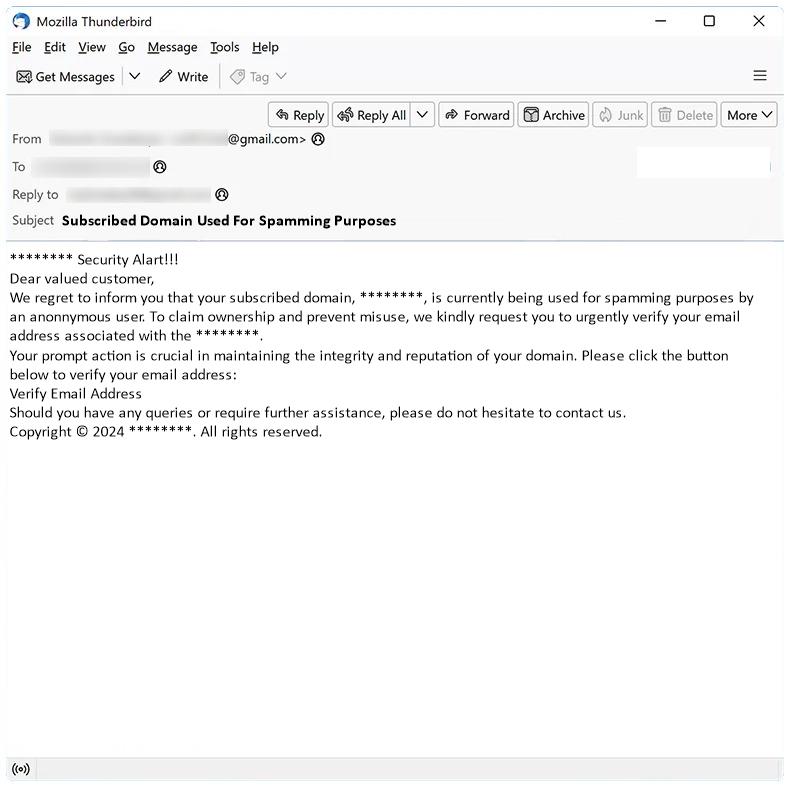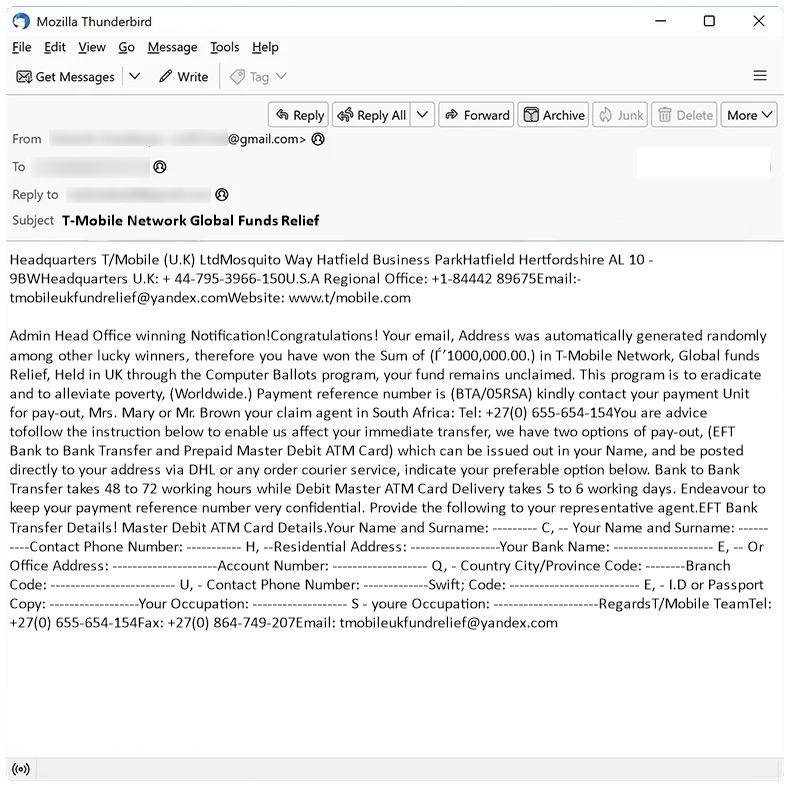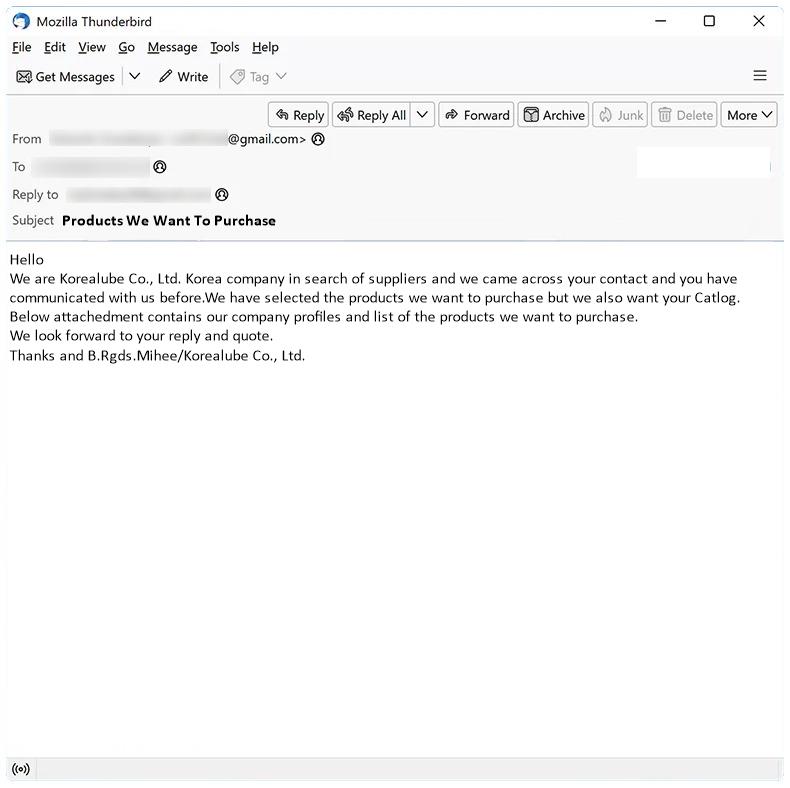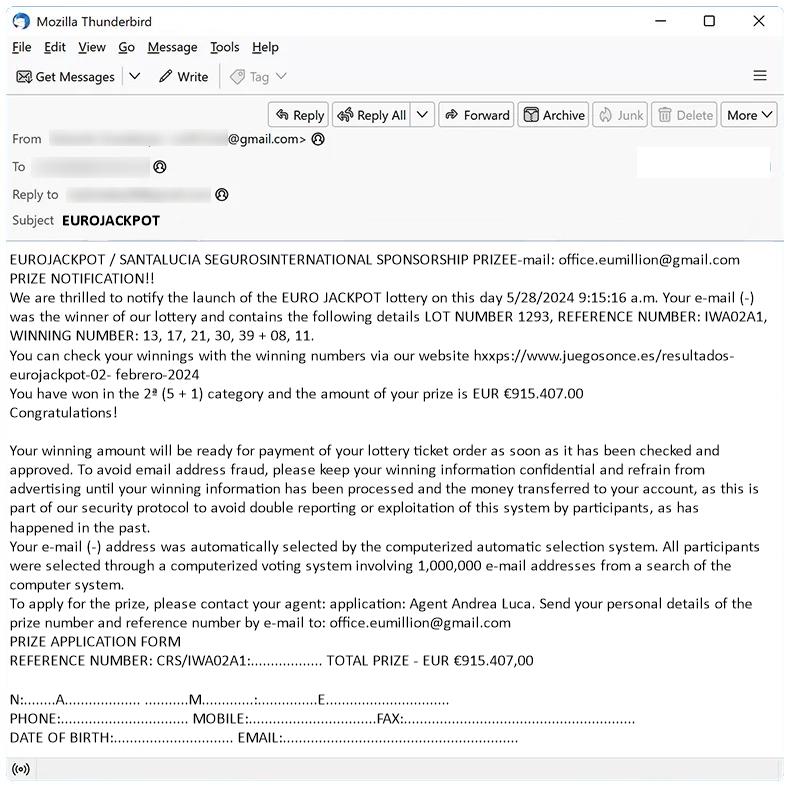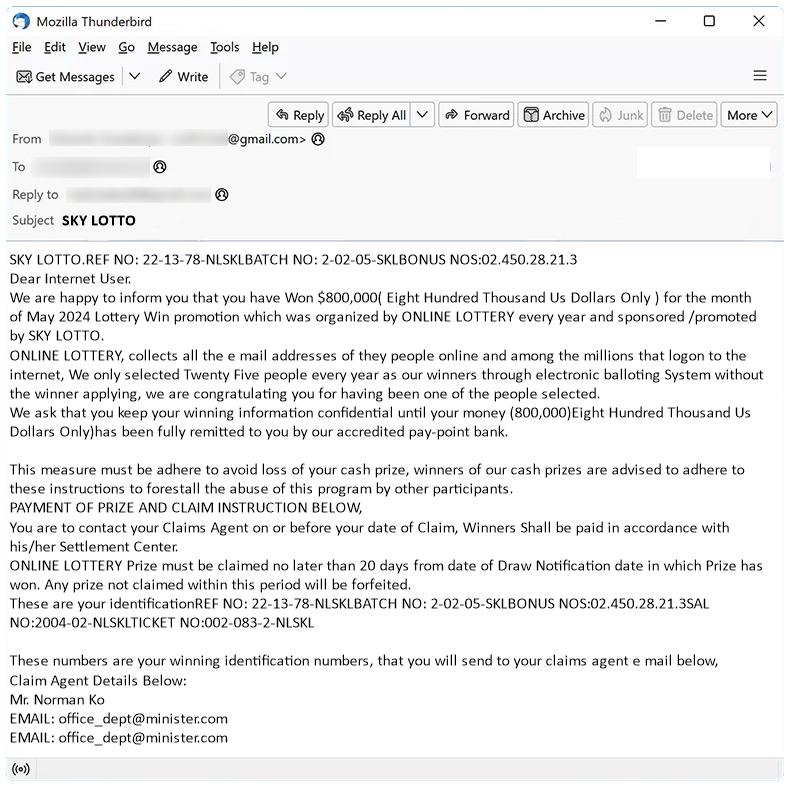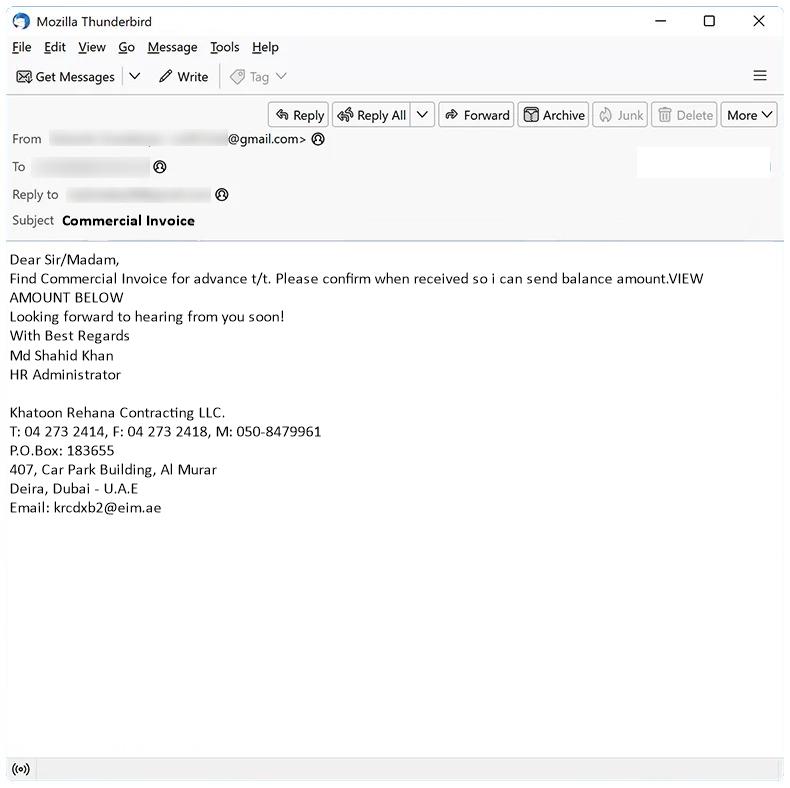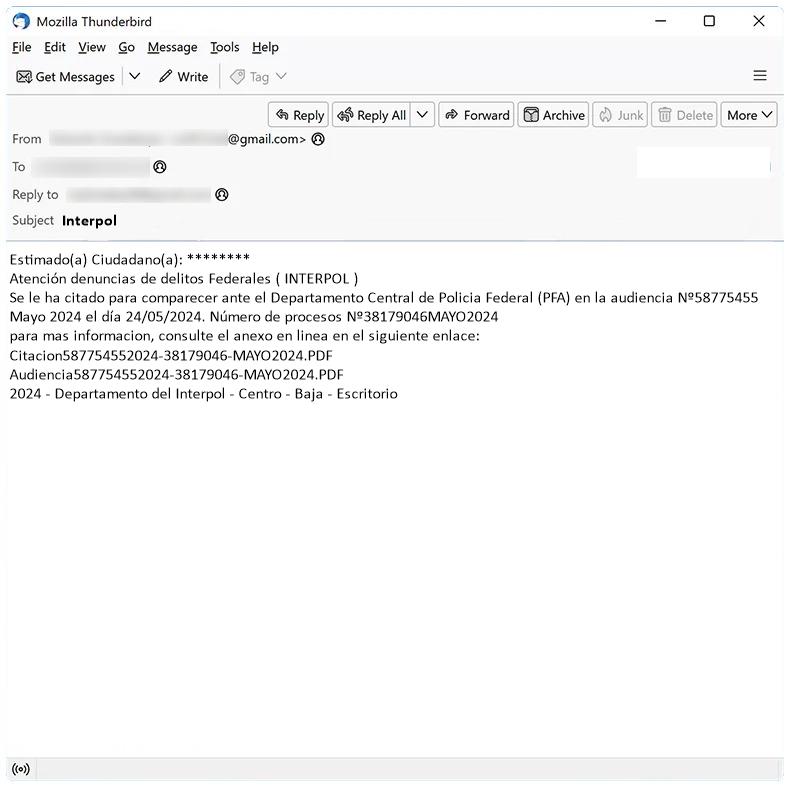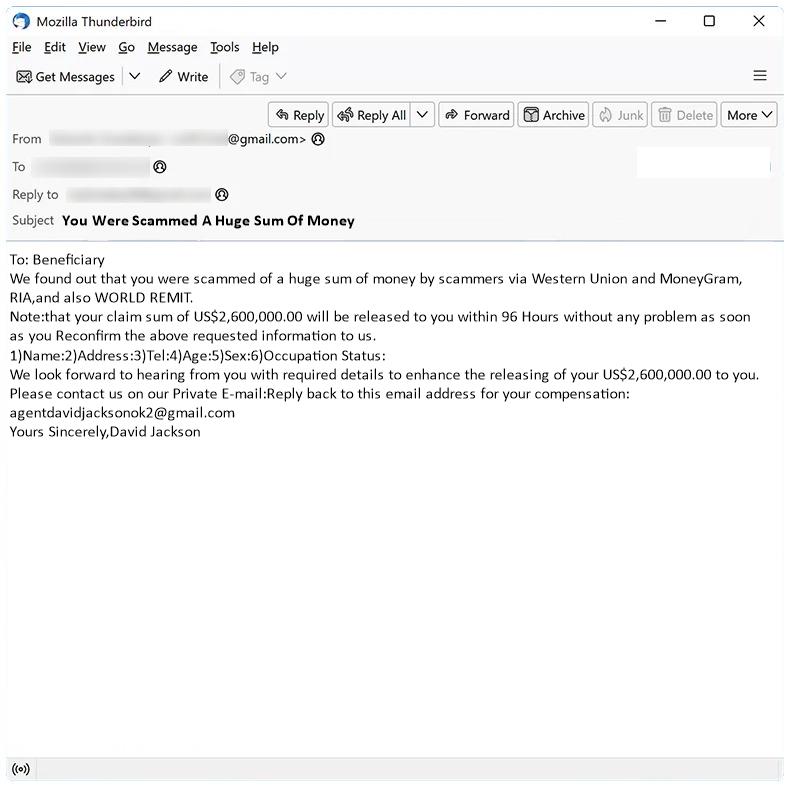Seeking Partnership Investment email spam is a type of scam where cybercriminals send out unsolicited emails to individuals or businesses, claiming to offer investment opportunities or partnerships. The emails typically contain enticing offers or promises of high returns on investment.
These spam campaigns can infect computers in a few different ways, such as through malicious email attachments or links that, when clicked, download malware onto the victim’s device. Some scammers may also use social engineering tactics to trick recipients into providing personal or financial information.
Interacting with Seeking Partnership Investment email scams can pose various risks, including financial loss, identity theft, and the compromise of sensitive information. Victims may also inadvertently download malware onto their devices, leading to further security issues.
It is essential to be cautious when receiving unsolicited emails offering investment opportunities and to thoroughly research any company or individual before engaging with them. It is recommended to avoid clicking on any links or attachments in suspicious emails and to report them as spam to your email provider.

